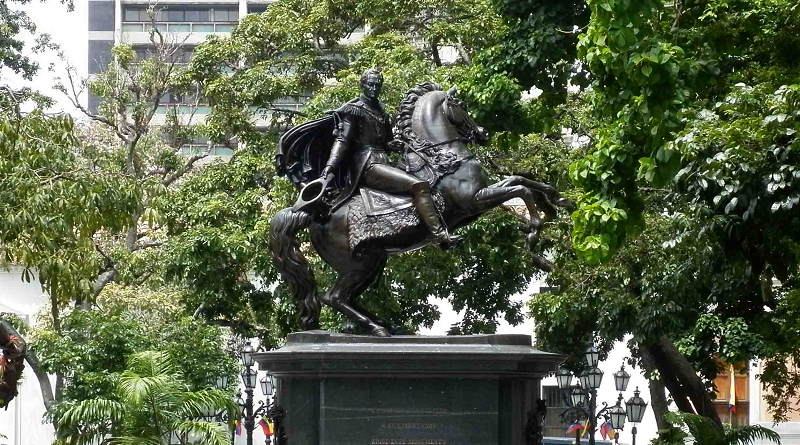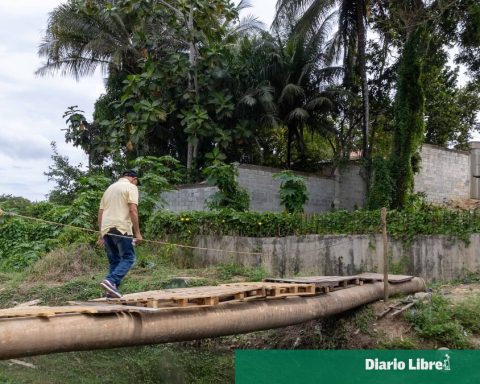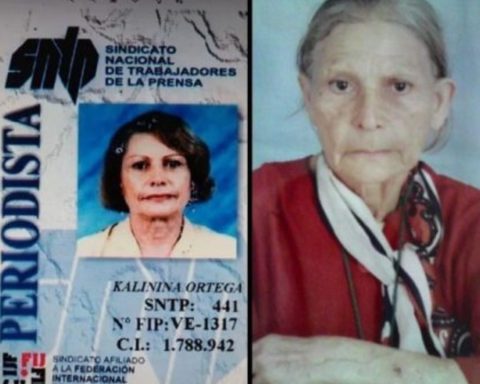At the meeting on Tuesday, the president Luis Lacalle Pou I agree three proposals of the Colorado Party to introduce changes in the social security reform and one of them is linked to the Social Security Assistance Tax (IASS).
This proposal, driven mainly by the Colorado representative Gustavo Zubíaimplies a 7.2% reduction in collection (US$23.5 million) for 2024 and rises to US$47 million in 2025.
This is a reduction in the discount rate that is applied in the first band of the tax. In other words, for the range between $45,280 and $84,900, the discount will go from 10% to 8% in 2024 and to 6% in 2025.
From red ranks they defended that in the “relative weight” the lowest retirements are the ones that benefit the most. The discount is for all retirements since being by bands, the first one affects all retirements that exceed the taxable minimum ($45,280). Those who earn less than that do not pay this tax.
The senator of the Colorado Party, Adrián Peña, said that after the meeting with Lacalle Pou, “one day of work” was missing, which took place this Wednesday, “to adjust the numbers and reach the final proposal.”
“Supposes that there is an agreement that allows voting on the social security reform to begin. The Colorado Party had from the beginning a proactive, serious, responsible approach, in the understanding that We consider it essential that the country undertake this reform“, said the senator this Wednesday at a press conference.
The other two proposals
The Colorados presented two other proposals that were accepted by the president.
One of the proposals, which was devised by the deputy Conrado Rodríguez, enables you to retire early if you meet a minimum number of years worked. Those who have made contributions for 38 years or more may retire at 63 years of age, those who have done so for 35 years or more may retire at 64 and the rest will require a minimum of 30 years of contributions and 65 years of age.
The second proposal, and which had been advanced by The Observer Saturday, suppose correct an error generated in the project designrecognized by the editor of the reform Rodolfo Saldain, because there was a gap between those born in 1972 and 1973.
Those born on December 31, 1972 would retire at the age of 60 and those born the following day, January 1, 1973, would retire at 63 if approved as currently drafted. With the change proposed by the Colorado Party and accepted by Lacalle Pou, this will become gradual and those who were born in 1973 will be able to retire at 61, those of 74 at 62 and so on until they reach 65 in 1977.















